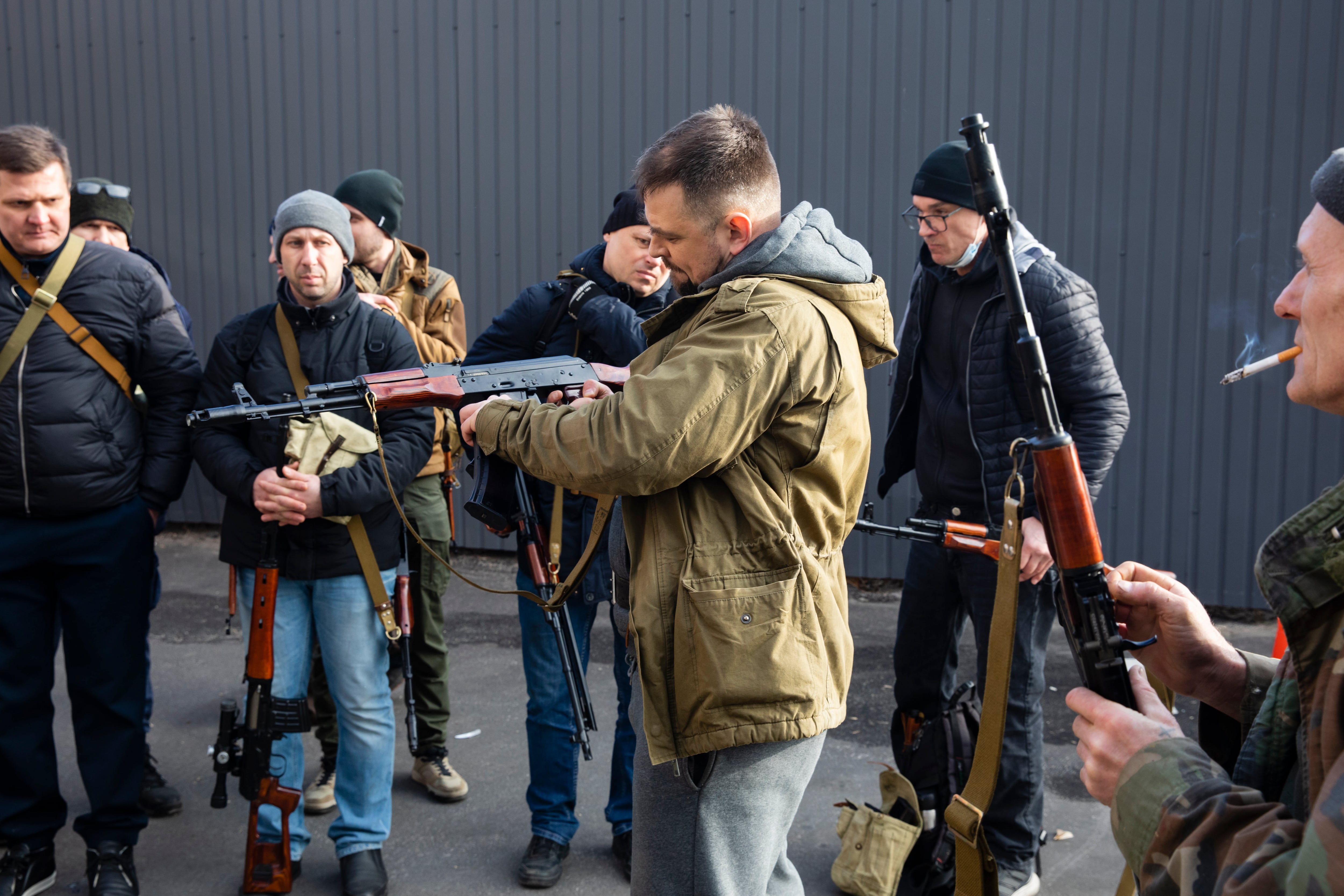About 50 Ukrainian artillerymen are getting a crash course in the howitzer weapon system this week, a senior defense official confirmed on Wednesday, but details are slim on who is training them and where.
The training is part of two aid packages: the first including 18 howitzers and 40,000 rounds announced April 13; and a second, announced Thursday, including 72 howitzers, 72 vehicles to tow them and 144,000 rounds.
“I want to stress again that what we’re providing is done in full consultation with the Ukrainians and that they believe that these systems will be helpful to them in the fight,” Pentagon spokesman John Kirby said Thursday. “Where and when they employ them and how they employ them is, of course, up to them.”
The Pentagon is not confirming where the training will take place or which country will facilitate it, but Kirby said Thursday that there will likely be more training cohorts following this initial group of 50.
Kirby told Military Times on April 14 that there wasn’t a plan to deploy more troops from the U.S. to handle the mission, adding that the Ukrainian trainees will return home to train the rest of their artillery units receiving howitzers.
RELATED

The systems themselves are from U.S. Army and Marine Corps stocks, the senior defense official confirmed Thursday.
The focus on artillery systems, versus the anti-tank Javelin and anti-air Stinger missiles the U.S. sent in droves to repel the Russian push toward Kyiv in March, is meant to reflect the change in the invasion’s trajectory.
“What makes it important is the kind of fighting that we expect in the Donbas ― because of the terrain, because it’s open, because it’s flat because it’s not as urban ― we can expect the Russians to rely on long range fires, artillery in particular,” Kirby said Thursday.
Previously, Ukrainian troops received training stateside on the Switchblade single-use suicide drone system, capping off a previously scheduled stay in the U.S. for professional military education that continued as the invasion began. Those troops returned home April 10.
The Ukrainians will likely also be trained on the roughly 120 Phoenix Ghost unmanned aerial systems the U.S. plans to send over, Kirby said Thursday. Those were rapidly developed by the Air Force specifically for the Ukrainian conflict and are part of the latest aid package.
“Even the M113 armored vehicle will require a little bit of familiarization, so we’re baking that into the process,” he added.
Meghann Myers is the Pentagon bureau chief at Military Times. She covers operations, policy, personnel, leadership and other issues affecting service members.





